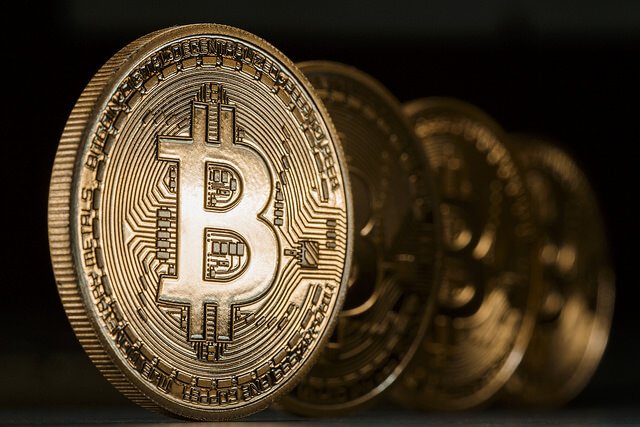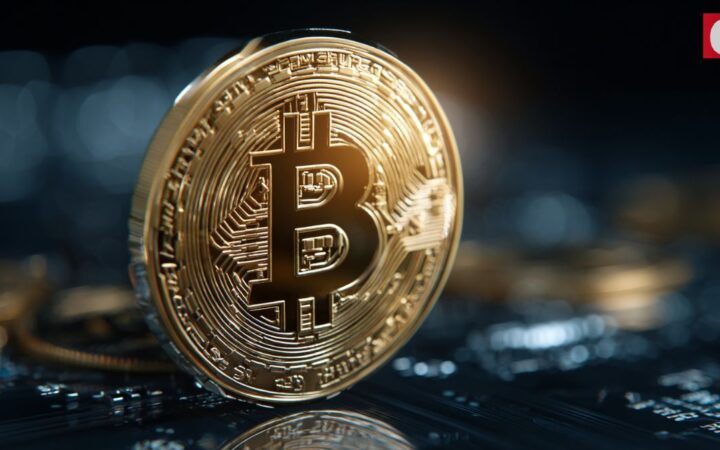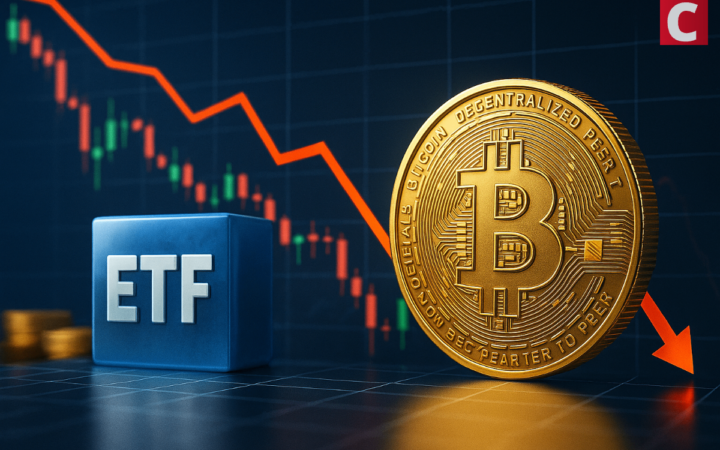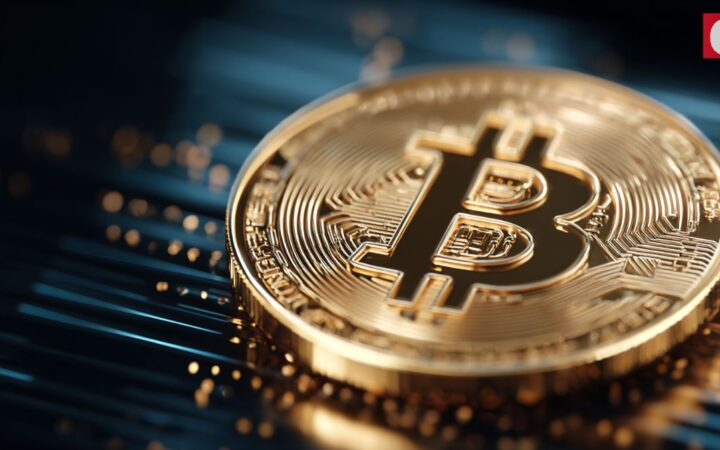Taking strong interest in blockchain, cryptocurrencies, and IoT, Tatsiana Yablonskaya got deep understanding of the emerging techs believing in their potential to drive the future.
An interesting legal case has been heard in Miami recently. Miami-Dade Circuit Judge Teresa Mary Pooler rejected a claim against website designer Michell Espinoza, 32, who had been accused of illegal transmitting and laundering of $1,500 worth of bitcoins. Undercover detectives told him that they wanted to use the bitcoins to buy stolen credit-card numbers.
The detectives found Espinoza through a Bitcoin exchange site, LocalBitcoins.com. They met three times: on Lincoln Road, at an ice cream shop and in a hotel room. Espinoza was arrested along with another man, Pascal Reid, who pleaded guilty to acting as an unlicensed money broker and was sentenced to probation.
While hearing the case, Judge Teresa Mary Pooler was governed by the statement that bitcoin is not actually money, “tangible wealth” and “cannot be hidden under a mattress like cash and gold bars.” The cryptocurrency is not backed by any government or bank.
“The court is not an expert in economics; however, it is very clear, even to someone with limited knowledge in the area, the Bitcoin has a long way to go before it the equivalent of money,” Pooler wrote in an eight-page order.
The judge also marked that according to Florida law, money laundering means that someone is engaged in a financial transaction that will promote illegal activity. The definition is too obscure for the bitcoin.
“This court is unwilling to punish a man for selling his property to another, when his actions fall under a statute that is so vaguely written that even legal professionals have difficulty finding a singular meaning,” the judge said.
It is necessary to admit that bitcoin experts approved of the judge’s decision saying that it promotes the mainstream use of the cryptocurrency and “offers a roadmap to governments across the world that have struggled to understand and regulate it.”
Espinoza’s attorney, Rene Palomino, called the judge’s decision “beautifully written” and said: “At least it gives the Bitcoin community some guidance that what my client did was not illegal. What he basically did was sell his own personal property. Michell Espinoza did not violate the law, plain and simple.”
Barry University economics professor Charles Evans supported the idea that bitcoin is not actually money.
“Basically, it’s poker chips that people are willing to buy from you. Bitcoin is perfect for small-scale cross-border transactions and we are international in this area,” Evans said. “If somebody from Venezuela needs a hammer, now that person can send Bitcoin to his cousin in Miami, that cousin can sell the Bitcoin, go buy the hammer and send it to Venezuela.”
According to Evans, there is no central government or bank that backs bitcoin, like the United States does the dollar. Indeed, there are attempts to regulate the cryptocurrency, but they remain to be a messy hodgepodge from state to state, country to country.





